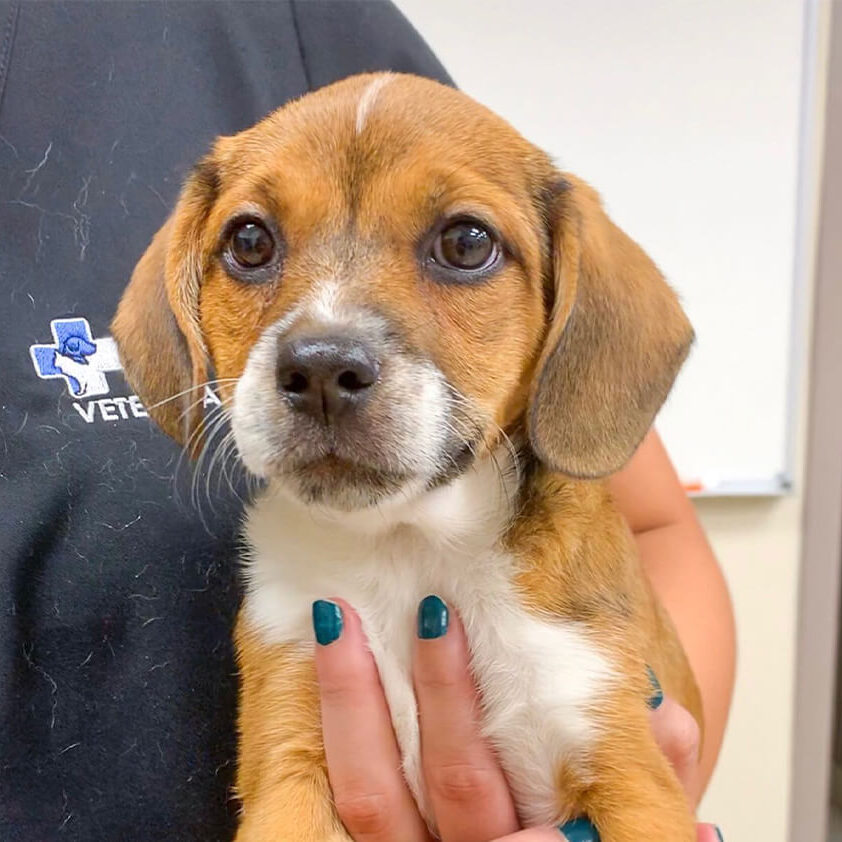If your pet requires a routine or elective surgical procedure, our doctors and staff at Banks Veterinary Clinic of Beaumont can provide for their needs. Our in-hospital pet surgery suite here in Lexington gives us the ability to perform a wide range of surgeries, from spay and neuter procedures to biopsies, foreign body surgeries, and tumor removals. In addition to our surgical services, our surgery suite possesses advanced monitoring capabilities, so we can keep your pet safe and comfortable during their procedure at all times.
Do you need to schedule a surgery for your pet, or meet with your vet to discuss their post-op care? Call us at (859) 224-2287!

Our Pet Surgery Safety Protocols
Your pet’s safety is our imperative at Banks Veterinary Clinic of Beaumont. We implement rigorous protocols to decrease potential risks, including:
- Requiring blood work to assess your pet’s kidney and liver function prior to anesthesia
- Providing your pet with an IV catheter to administer fluids and medications as needed during their surgery
- Performing an EKG evaluation of your pet’s heart prior to surgery, and having a board-certified cardiologist interpret the results
- Having a dedicated team and advanced equipment monitoring your pet’s vital signs throughout the surgery
- Keeping your pet warm during surgery to prevent their body temperature from dropping
- Providing attentive post-surgical care and monitoring to ensure that your pet wakes up safely and comfortably

Why We Recommend Spay and Neuter Procedures for Dogs and Cats
Spays and neuters are routine surgeries that we recommend for almost every pet. Taking an individualized approach, we evaluate your pet’s breed, lifestyle, health history, and other factors to decide when their spay or neuter surgery should take place.
We recommend these surgeries because they can prevent a variety of serious health problems, including:
- Ovarian and uterine cancers in females
- Pyometra, a uterine infection
- Prostate and testicular cancer in males
Surgery can also limit or prevent many disruptive behaviors caused by hormones, such as roaming, vocalizing, “humping,” and urine spraying.
